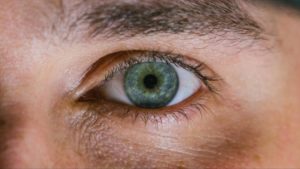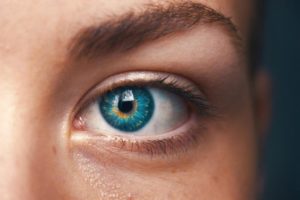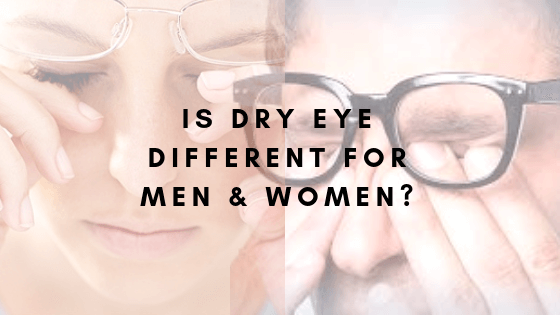Did you know that optometrists generally see more female than male patients affected by dry eye disease? There are a variety of reasons that we’ll take a look at throughout this article. First off, women are typically more inclined to seek care for their medical conditions in general than men. Secondly, dry eye tends to become more common and worsen with age. And because more Medicare-aged patients happen to be female (as women also tend to live longer), females simply make up a higher percentage of older optometry patients.
In addition to the information above, around 40 years of age, hormonal changes begin taking place increasing the risk for dry eye disease. It’s important to schedule routine eye exams with your doctor once you start noticing changes in your hormonal balance and the experts at Precision Eye Care are the number one choice for eye care in Houston especially when it comes to diagnosing and treating dry eye disease and symptoms.
Men’s & Women’s Dry Eye Disease
Men & women show similar symptoms and signs of dry eye disease: burning eyes (especially when closing eyes for several seconds), pain that often leads to headaches, blurred vision, and sometimes even foreign body sensation (this is when it feels like something may be rubbing against your eyes). In today’s tech-driven world, an incredible amount of time is spent staring at a screen which means that practically everyone- from school-aged children to those pushing retirement actively suffer from varying degrees of computer vision syndrome as well which causes everyone to blink less disturbing the eye’s natural eye function to moisten and remove debris from the eyes. Beyond these basic symptoms, the differences between the sexes become a tad more apparent:

Through extended wear of contact lenses and cosmetics, women have a higher tendency in worsening common dry eye symptoms. Although contact lenses are worn by many men and women, research suggests that more females than males will continue to wear their lenses despite significant discomforts related to dry eyes. There are many variables to take into consideration that might impact this reasoning, but the bottom line here is that extended wear of contacts and cosmetics isn’t good for anyone. You must discard your old contacts and cosmetics at their recommended expiration date and swap them out for a fresh pair when you’re replacing them.

- An unknown number of male dry eye patients with severe symptoms tend to also have other medical conditions that can cause or contribute to having dry eye, including glaucoma (some medications may be responsible for creating dry eye and ocular surface inflammation). It’s important to talk to your physician if you notice any abnormalities in your bodies function because dry eye could very well be a symptom of a greater issue.
- Systemic issues that contribute to dry eye for female patients include hormonal changes that come with age and other changes and autoimmune/inflammatory conditions such as thyroid disease, rheumatoid arthritis, lupus, and Sjogren’s Syndrome—all common conditions that are typically most common in women. Make sure to communicate with your doctor any changes you may experience while on other medications to identify whether or not your dry eye could be a resulting symptom.
- According to a report from The American Society of Plastic Surgeons, women tend to undergo more elective procedures involving the eye & the eyelids. Although laser eye surgeries, such as LASIK, is pursued by both sexes in similar numbers, women seem more inclined to have additional procedures that can cause dry eye to get worse, such as eyelid skin removal, facelift, lash extensions (NOT preferable as it is performed with the use of toxic formaldehyde glue), and eyeliner tattoos are also popular.
Treatment
Although there are certainly a few differences in the causes and frequencies of diagnosing dry eye for men and women when it comes to diagnosing and treating dry eye we follow the same standard dry eye protocols. We generally start with medical therapy such as over-the-counter lubricant drops & prescription topical medications. If dry eye symptoms worsen we can explore other options and discuss more aggressive treatment options. Contact the experts at Precision Eye Care to schedule an appointment today!


